Last updated on November 4th, 2024 at 07:39 pm
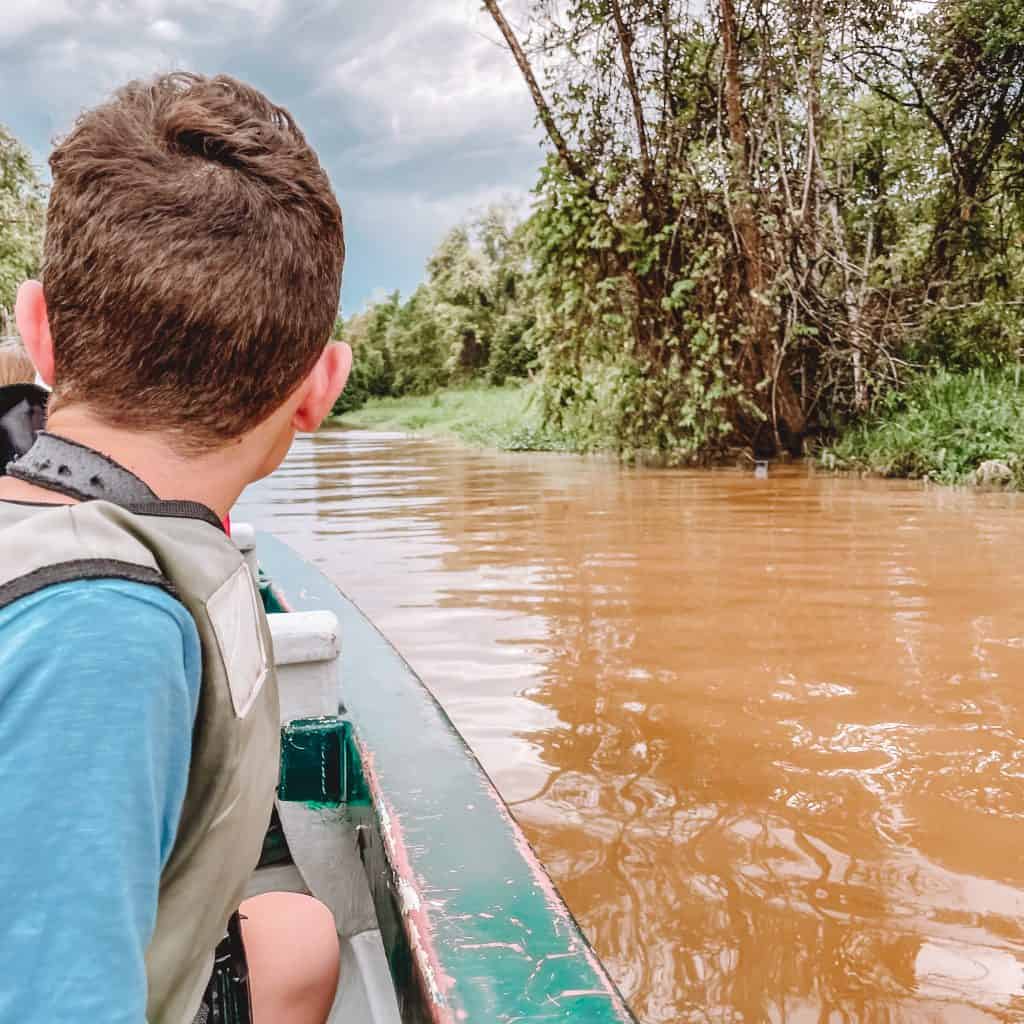
If you’re passionate about travel and also interested in environmental issues, you may have thought about the impact of the first on the latter.
During the Pandemic, I think many of us reflected on our lifestyle habits and that included the way we travel. Post Covid, many of us would like to travel differently, whether that’s by lowering our carbon footprint (read my article on whether offsetting is a good idea here) or being mindful while at our destination. Many tour operators have also taken notice and responded accordingly.
Limiting your use of planes is certainly one option. But what if you’re nuts about travel and desperate to have adventures in far-off lands? It’s good to know that there are many more things you can do to ensure sustainable and responsible tourism and be a conscious traveller.
What is Conscious Travel?
To be conscious is to be awake. To be aware. Conscious Travel is being cognizant of the impact we as travellers can have on the environment, economy and communities we are visiting. Being a conscious traveller also means thinking about issues such as sustainability, responsibility and respect.
Like me, you may be starting to learn more about how we can put responsible tourism into practice. There are a number of aspects to conscious tourism, which I highlight below.
Choose Where You Stay Carefully
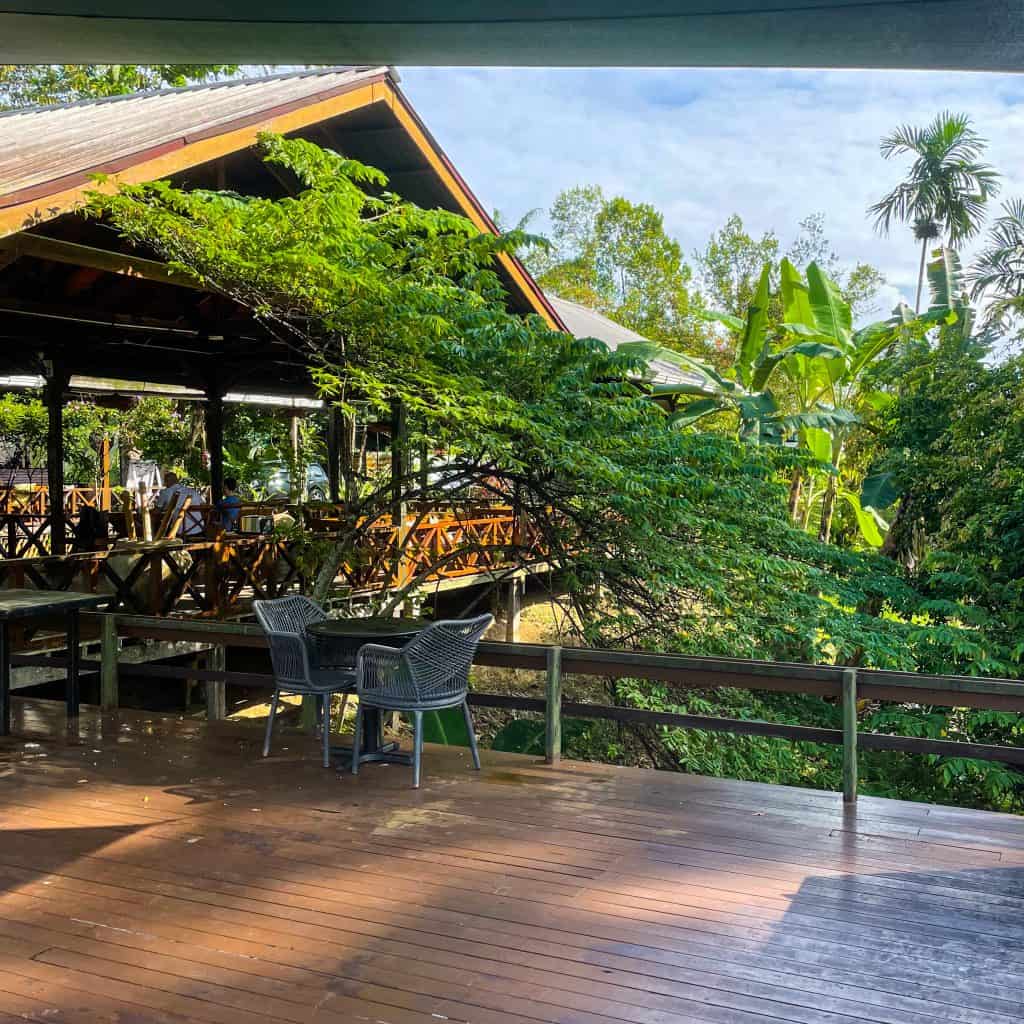
Socially conscious travel will likely involve thinking carefully about where you stay when you’re travelling. You might want to consider eco-tourism holidays, which would typically see you stay in an eco-lodge or homestay rather than a large chain hotel. Check out homestay.com or airbnb.com, both of which help you to support local communities. Farmstays are also a great choice for families. If you’re planning a break in the UK, check out farmstay.co.uk.
While they can produce a lot of unnecessary waste, chain hotels shouldn’t always be out of favour. We stayed at the Shangri-La Rasa Ria Resort whilst in Borneo. They have a fantastic nature reserve and have initiated a number of conservation projects over the past 20 years. It’s worth checking a hotel’s website and whether they have a commitment to sustainability before ruling them out.
Booking accommodation on bookdifferent.com will also ensure you stay at a property that’s prioritising the environment and the local community. Founded in 2012 in the Netherlands, Book Different aims to help you make greener travel choices.
For more information on the best carbon-neutral hotels for the conscious traveller, and for some ideas for your next trip, take a look at this article.
Eat And Buy Local
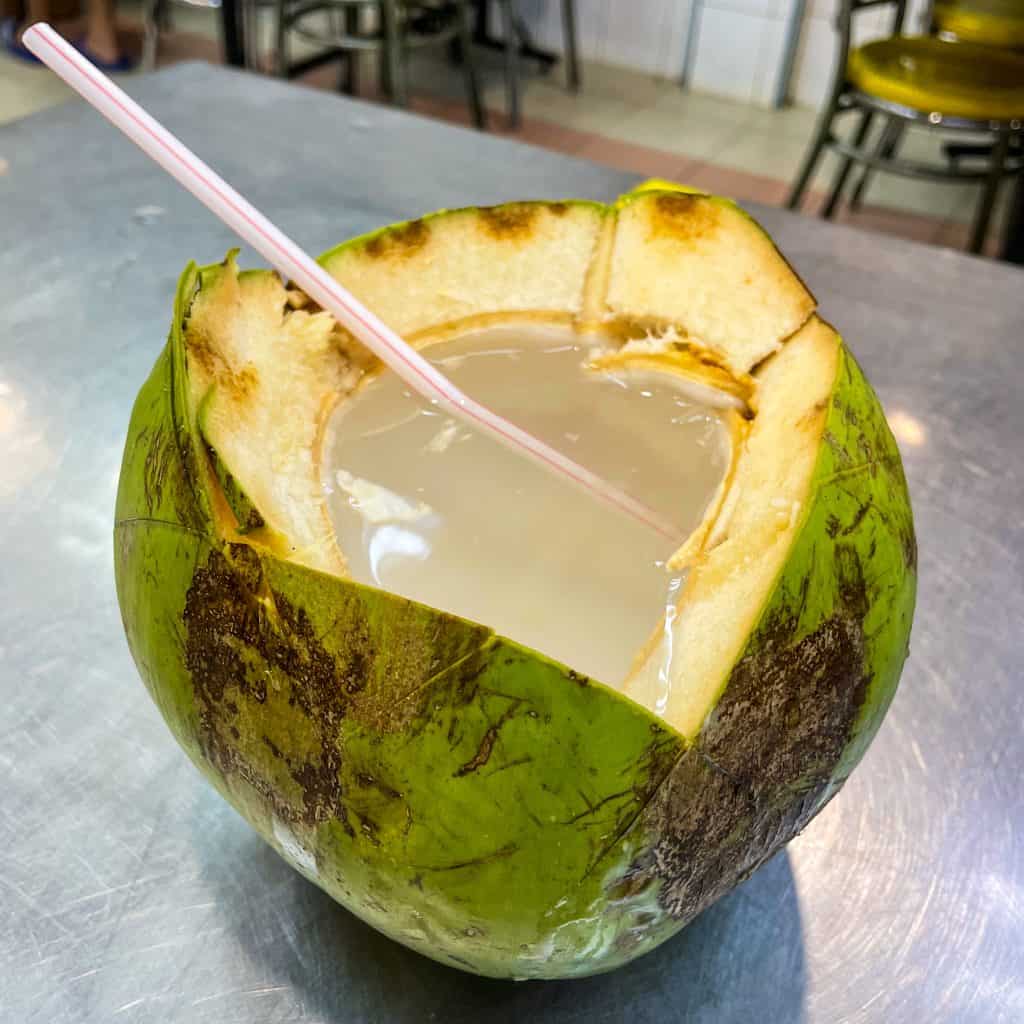
Socially conscious travel means making attempts to support local, smaller businesses rather than large chains. You’ll often find better value and better quality food by seeking out small locally owned restaurants and you’ll be supporting the local community at the same time.
Eating local food rather than imported products also ensures that you are helping the environment. Fewer carbon emissions will have been produced if the food hasn’t had far to come.
Flexitarianism is a great way to go when you’re travelling. Eating a mostly plant-based diet is good for the environment as it means fewer carbon emissions through animal farming, and it’s good for you too. However, there are some parts of the world in which a vegan or vegetarian diet may prove challenging and so being flexible always makes things easier. If you want to know more about which food items are the most and least sustainable, read this article.
When shopping, choose smaller, local shops rather than department stores or shopping malls. Ask around to find out where you can buy handicrafts made by people within the local community so that you can support them. And only buy what you really need or want.
Choose Ethically Sound Activities
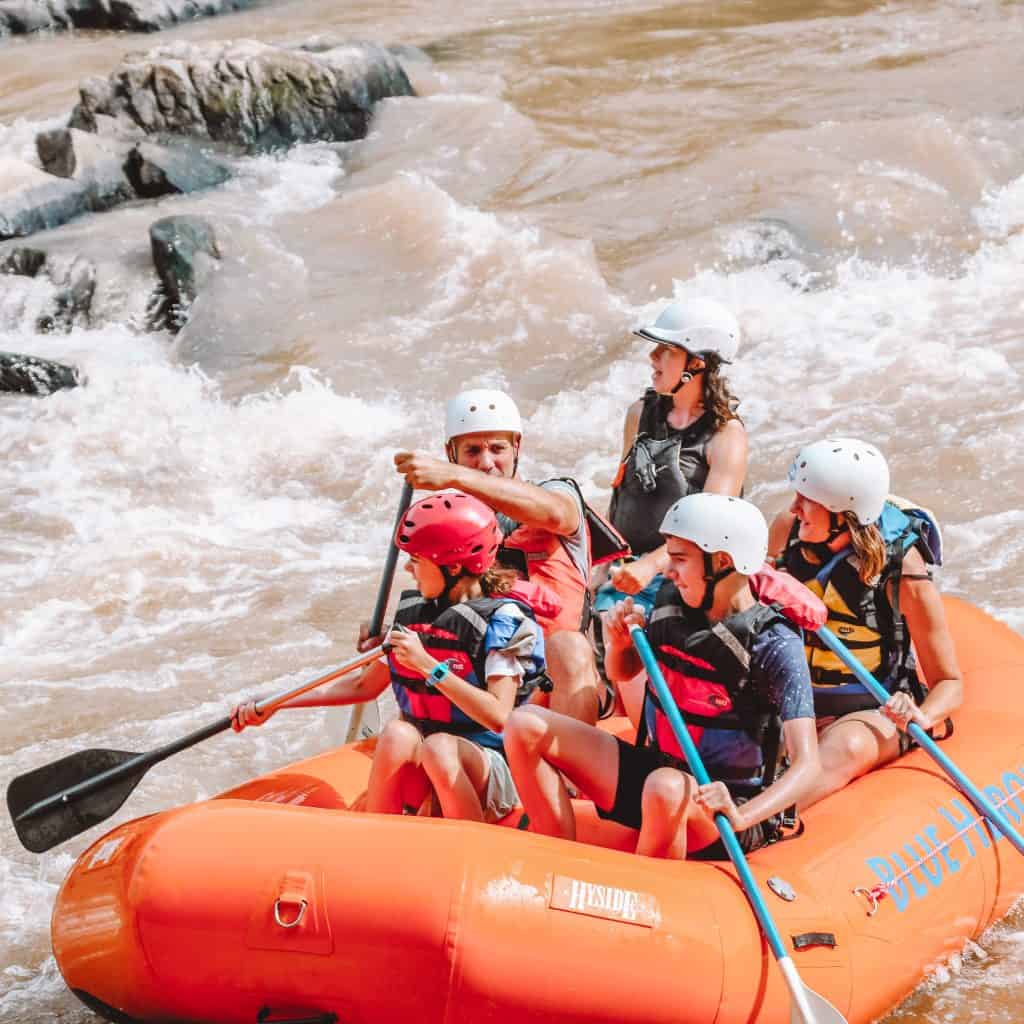
At the heart of responsible travel is who you travel with and which companies you use to arrange activities.
If you’re thinking about going with a tour company, take a look at their website (they may have a policy on their sustainable tourism practices) or speak to them about ecotourism holidays and how high on their agenda sustainable and responsible travel is. Intrepid and G Adventures are companies well known for their eco-adventure tours, but you can check out other options in this article.
If you book activities independently at your destination, you can ask the same questions. Consider which activities may be harmful to the surrounding environment or habitats if not undertaken with a responsible tour company (for example, hikes, diving or wildlife viewing). Find out which companies cater for the conscious traveller. It should be clear which of them care about the environment and local wildlife – plan activities with them.
Examples of responsible tourism would include being part of a smaller tour group and using local guides. Identifying companies with a commitment to minimising the usage of single-use plastics and who ensure that all rubbish is taken away at the end of the tour and not left at tourist hotspots is also worth considering.
There are some activities, involving animals, which are not ethical. See my article on the best things to do in Thailand and why not to ride elephants there, here and my article on the best things to do in Marrakech but why I’m not sure about riding camels there, here. You might feel that some activities fall into a bit of a grey area. Ultimately it’s always a good idea to do your research and then see what feels comfortable for you and your family. One rule of thumb for a conscious traveller, however, would be to avoid activities that obviously exploit animals for entertainment purposes.
Cycling or walking tours are good picks (some cities are particularly well suited to both cycling and walking: Amsterdam and Copenhagen are examples). You could also look into taking part in a beach clean-up if you’re holidaying on the coast.
Eco-conscious attractions such as the Eden Project in Cornwall are great. They’re geared towards families and are lots of fun. But they also teach kids about environmental issues and how they can help.
Pack Eco Friendly Travel Products

When you travel, it’s important to think about what you’re taking with you to the country you’re travelling to.
Pack light and only take what you need. This will make your suitcase or rucksack lighter and easier to transport and will therefore cut down on your carbon emissions.
Bring recyclable or reusable items to avoid leaving behind excess waste.
Here’s my list of the best eco-friendly travel products for the conscious traveller:
- A Kindle instead of books (this will make your bag much lighter and will take up less space)
- A reusable water bottle (one with an inbuilt filtration system is good if you’re concerned about the quality of the water)
- A reusable coffee cup (especially for those city breaks) or small flask
- Bamboo toothbrushes
- Resusable sanitary products
- Reusable straws
- A canvas bag for shopping
- Multi use soap for body, clothes and utensils
- Biodegradable wipes
- A solar charger (you can use it to charge your phone, or as a torch)
- Marine friendly suncream (this Ambre Solaire one also comes in a fully recycled and recyclable bottle)
Think About Where You Travel, And When
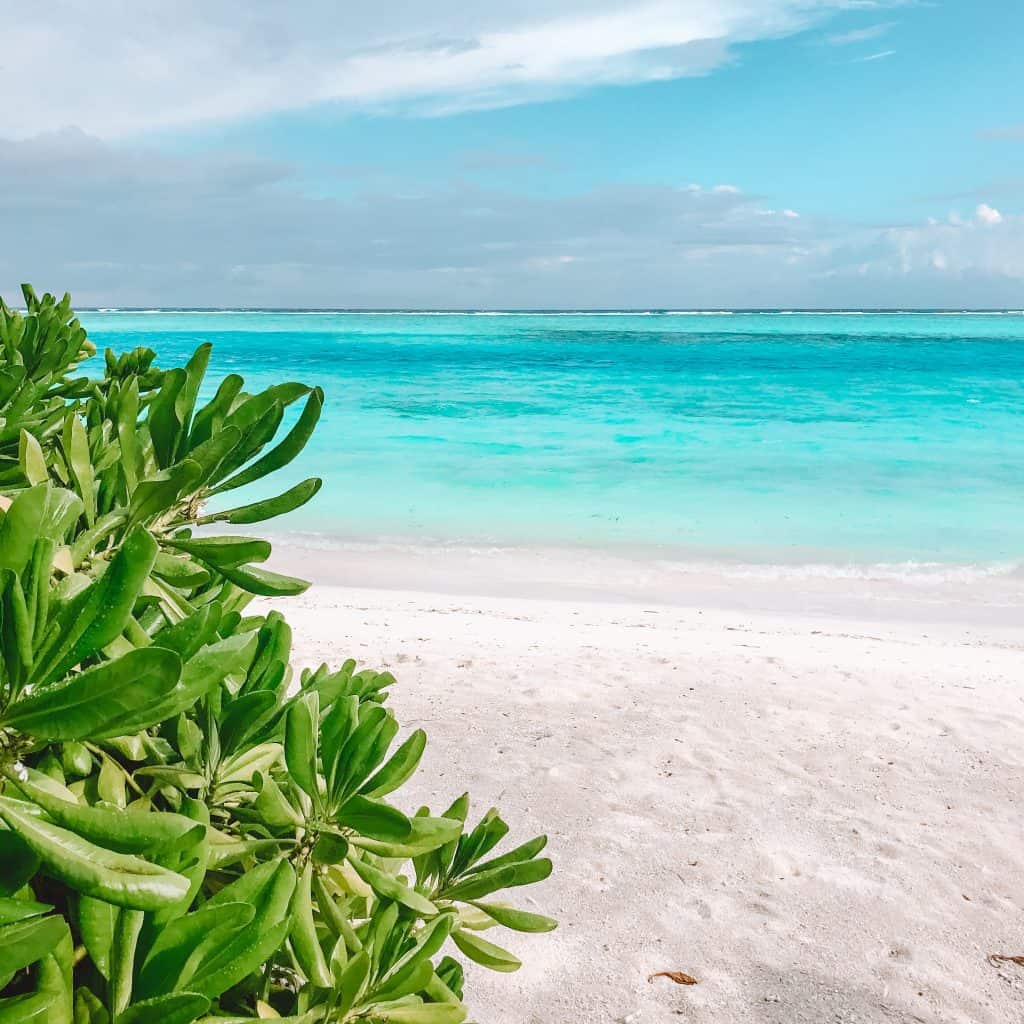
When you travel has more of an impact than you might think. There may be limitations as to when you can travel if you have school-age kids. However, if you have younger children, home school, or aren’t travelling with kids, then travelling in the off-season can make a lot of sense – and not just because it’s cheaper.
Over-tourism is a serious problem in some parts of the world. The number of visitors travelling to certain destinations is putting a strain on the local culture, community and environment. One example of this is Venice, where the local community is concerned about the over-crowding of the narrow streets and the environmental impact of the cruise ships which stop there.
If you are keen to travel sustainably and be a conscious traveller, choose your travel destination wisely. While some parts of the world rely heavily on the income from tourism, some have suffered greatly from becoming ‘popular’ – think Kho Phi Phi after the release of Alex Garland’s ‘The Beach’ or Bali after Elizabeth Gilbert’s ‘Eat, Pray, Love’. Consider less well-known locations or areas which could benefit from an injection of tourist income (for example, if they have recently experienced a natural disaster).
The most sustainable destinations are tricky to identify as there are many contributing factors but this Conde Nast article highlights some of the best cities to choose from. You might be surprised by a couple of them! As for places to avoid due to over-tourism, take a look at this CNN article which highlights the biggest victims.
Learn About Where You’re Travelling To
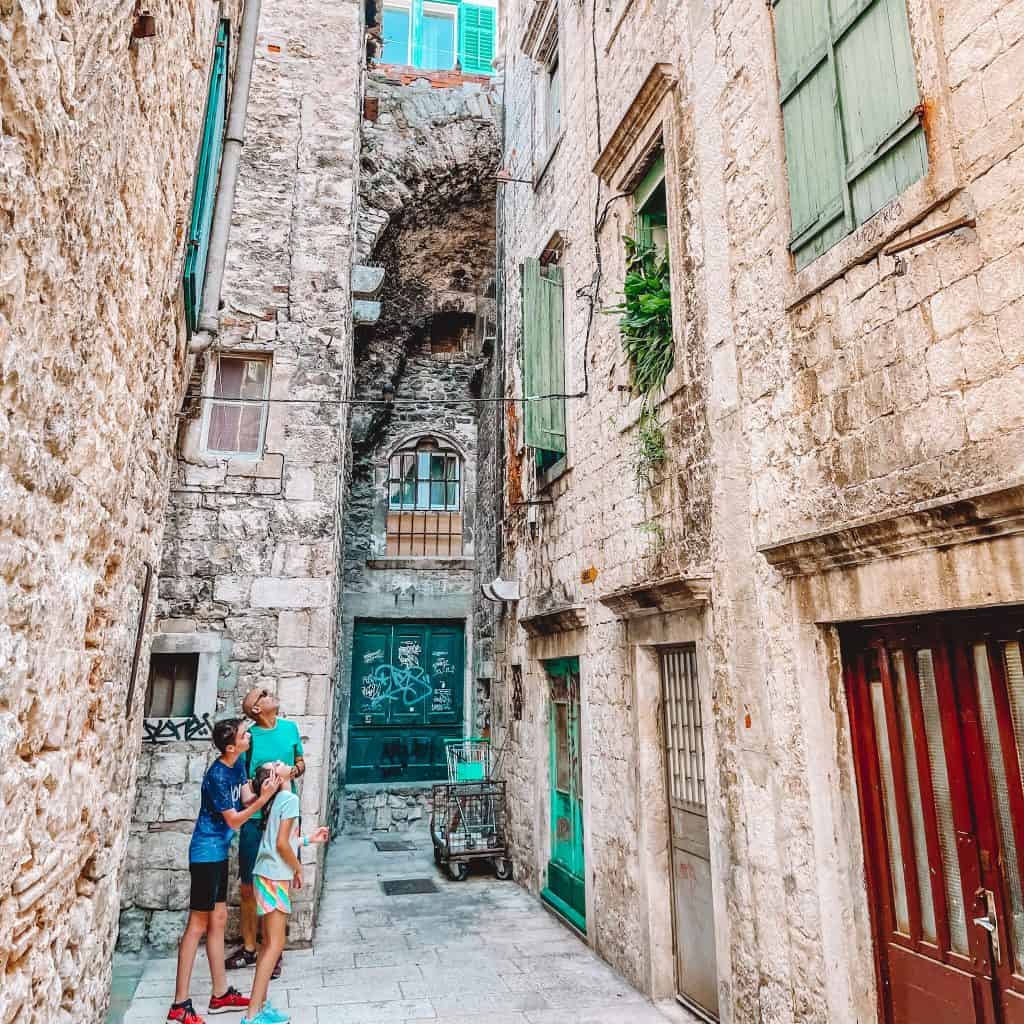
Conscious travel, in part, is about having respect for the country you’re visiting. For kids, it’s a great lesson in teaching them that not everyone does things the same way and that ‘our’ way is not the only way. There are some great books such as The Travel Book (Lonely Planet Kids) you can read before you set off to teach your kids (and the adults, too) about the country you’ll be visiting and about the world generally.
One aspect of conscious travel is being a responsible tourist who has respect for the people living there. Conscious travellers should be aware of the dress code and acceptable conduct in a country with a culture different from their own. Learn a few phrases of the local language – it’s often appreciated when tourists make an effort.
I always try to mix it up with regards to activities – some fun, and some educational. Think about what and where you can visit that will help you understand a bit about the culture, history and way of life in that country. If you can find activities that tick the fun and educational box at the same time, then even better.
Opening children’s eyes to what’s going on around the world – for example, how climate change is affecting some parts of the world more than others (see my article on What Kids Can Learn from a Trip to the Maldives) means they’re likely to take these issues more seriously as adults. They’ve seen for themselves the impact and it is likely to resonate with them more.
If you want to go further, then you could consider a family volunteer programme. Projects Abroad has family-friendly options. Learning about conservation and protection of habitats in Borneo was hugely impactful on both my children – they have been quick to think about animal welfare ever since.
Slow Travel

There’s no doubt that travel being so accessible to us all has made us want to travel everywhere! I have to admit, I’ve been one of those people – wanting to see as many places as I possibly can. There’s so much to see! However, arguably, slow travel allows for a more authentic experience – we get to sample what it is really like to live somewhere, as the locals do. And of course, it’s better for the environment too.
A slow travel experience means spending longer in one place and immersing yourself in the culture there – this will help you learn more about that place, engage with locals and lower your carbon footprint. While you might want to visit lots of different places, including the ‘tourist hotspots’, bear in mind that if you only stay somewhere for a short while, you won’t really get to know it. Nor will the tourist hotspots give you a true sense of life there.
Slow travel also encourages travellers to think about the way in which they travel. Travelling by train, for example, allows you to enjoy the scenery and becomes part of your travel experience in a way that flying doesn’t.
Consider taking one long trip rather than a number of shorter trips as the worst part of flying for the environment is the take-off and landing.
If this subject matter is close to your heart, take a look at two of my other articles, which are in a similar vein: ‘30 Ways Your Family Can Help The Environment‘ and ‘The Top 10 Books To Help Kids Think About The World Around Them‘.




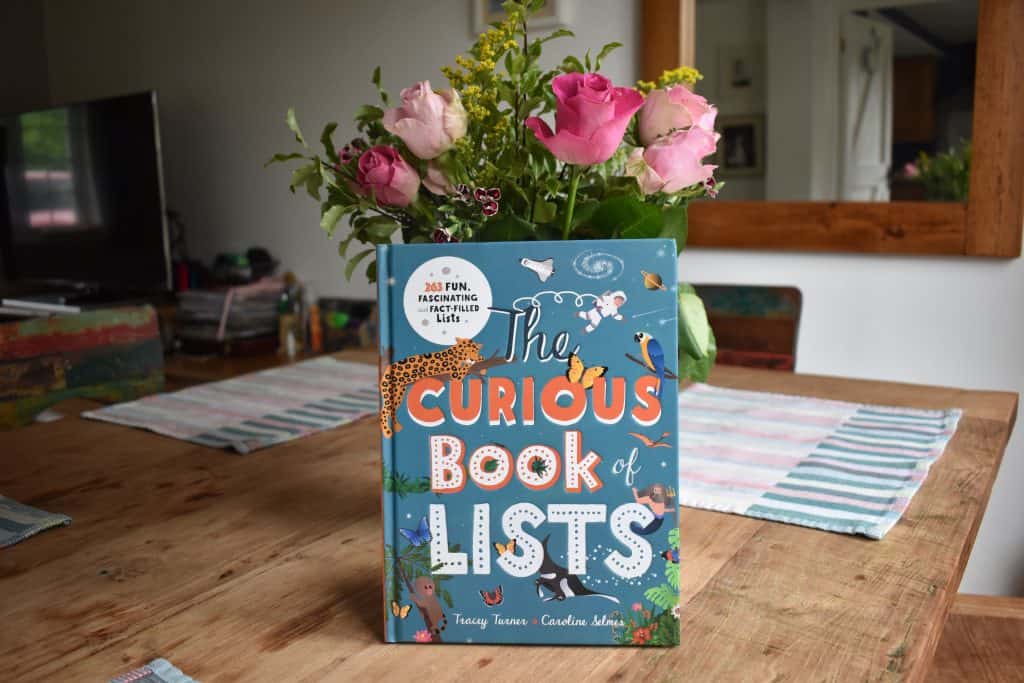
Great article, very informative. Thanks for the suggestion and links on where to stay!
Great ideas! Thanks for sharing!
Glad you found them useful!
You’re welcome – glad it may come in handy!